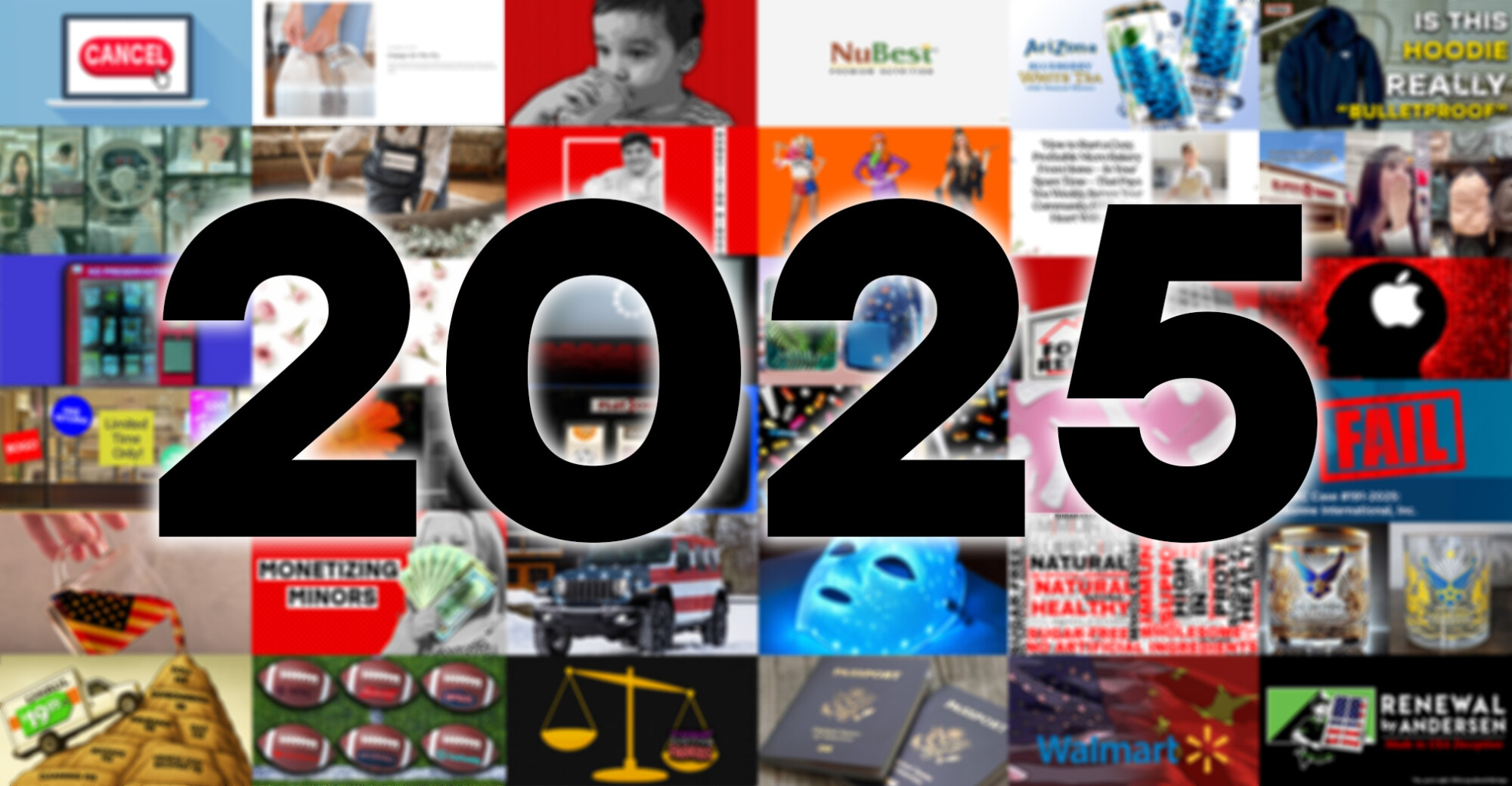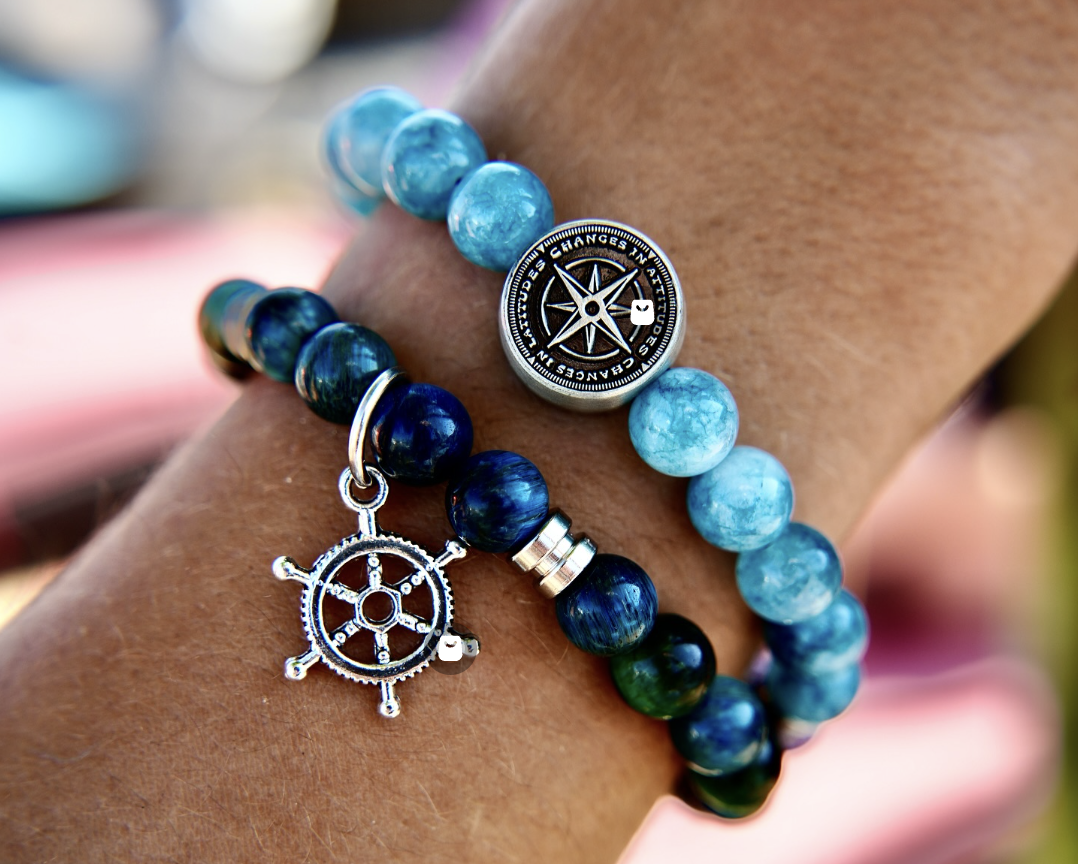
Interior Icons’ 10-Year Warranty and 365-Day Returns
Taking advantage of these perks may be harder than advertised.
In March 2018, a class-action lawsuit was filed against Rebbl, Inc. for allegedly falsely advertising its “Elixirs” and “Proteins” beverages. Specifically, the complaint alleges that the company markets the beverages as providing various health and body benefits – including that the beverages have positive effects on joint health, fatigue, immunity, and cardiovascular strength and that their ingredients “strengthen the body’s own adaptive resilience to stressors” – when, according to plaintiffs, the claims are not supported by adequate scientific evidence. The complaint also claims that the company deceptively implies that the beverages are healthier than other beverages and that the product labels say “coconut milk” but list water and coconut creme as sub-ingredients of coconut milk. (According to the complaint, coconut milk separates hours after it has been obtained and the company takes one of the layers — coconut crème — and dilutes it to get its “coconut milk.”) (Richburg et al v. Rebbl, Inc., Case No. 18-cv-1674, Case No. 18-cv-1674, E. D. NY.)
Taking advantage of these perks may be harder than advertised.
Looking back at our accomplishments
What you should know about this digital skills training platform.
See how you stack up.
This jewelry company may string you along.



